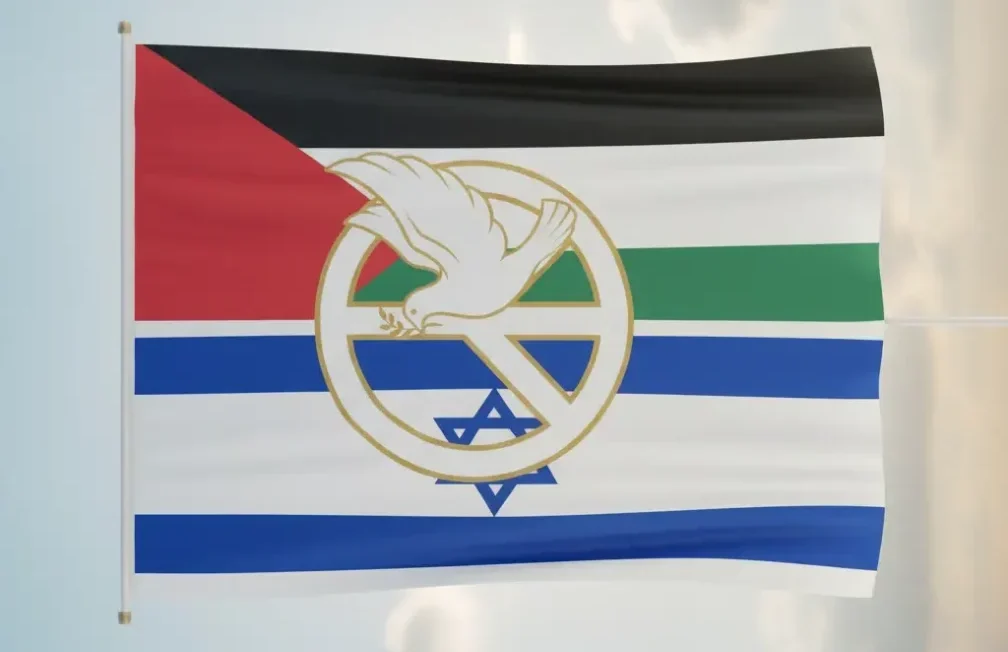The return of the hostages is the first step toward ending the war, but it is not guaranteed to end the two-year-old conflict on its own. The deal is part of a broader peace plan developed by the American President Donald Trump that links the hostage release to a ceasefire, prisoner exchange, and Israeli troop withdrawal. A full, permanent resolution still hinges on resolving several major, contentious issues.
The peace plan requires the disarmament and demilitarization of Hamas. This is the key Israeli demand, Prime Minister Benjamin Netanyahu has vowed to keep fighting until the group is destroyed. Hamas, has not agreed to this condition and has only agreed to hand over weapons to a future Palestinian government, not to Israel or an international force. Hamas seeks clear, international promises and a solid set timeline for a full Israeli withdrawal from the Gaza Strip. The plan outlines a phased withdrawal, but the timeline and final conditions remain up for negation. Israeli officials have also made statements suggesting a continued military presence in Gaza, which conflicts with Hamas’s demand for a full pullout.
The peace plan also requires Hamas giving up authority to a new international body led by President Donald Trump, which would oversee a government of Palestinian officials. Hamas has agreed to hand over administrative power to an independent Palestinian body but has rejected the idea of foreign administration.

Hamas is seeking international guarantees that Israel will not resume its military campaign after the hostages are released, a concern that has stalled previous talks. While a limited, initial phase of the peace plan put forth by President Trump has been agreed upon, there are significant reasons for Israel and other powers to be skeptical that Hamas will agree to fully implement the entire comprehensive plan. Hamas has only given partial acceptance of the plan, with key reservations about the longer-term demands, many of which strike at the core of the group’s existence and political identity. An ideological Sticking Point is the complete disarmament and demilitarization of Gaza, which the Presidents plan calls for, is a core demand from Israel and a central element of the plan. The use of armed resistance is a deep, fundamental principle of Hamas’s strategy. While Hamas has partially agreed to the plan, its official statement made no mention of disarming, a clear indication of a major sticking point that remains unresolved. Hamas officials have repeatedly indicated that giving up their weapons is a “red line” and would be very difficult to accept without substantial progress toward a political process or a two-state solution.
The peace plan requires that Hamas must surrender its ruling power and have no part in administering Gaza’s future. It calls for a transitional government by Palestinian officials under international supervision. Hamas officials have publicly stated they would refuse foreign administration of the Gaza Strip and that the entry of foreign forces would be “unacceptable.” While Hamas has expressed a willingness to hand over power to other Palestinians, it has also demanded discussions about its role as part of a “unified Palestinian movement.” The Trump plan and Israel firmly reject any future role for the terrorist organization in governing Gaza. It also requires the gradual withdrawal of Israeli forces. Hamas has long insisted on the complete withdrawal of Israeli troops from Gaza and a guarantee that the war would not resume after the hostages are freed. The plan indicates that Israel would maintain an open-ended “security perimeter presence” or buffer zone inside Gaza, which Hamas would likely reject as an ongoing form of occupation.

There is a lack of Trust on both sides. Both sides have a history of agreements that have either been reneged upon or resulted in new conditions being added, making trust a scarce commodity. The peace plan was not crafted in consultation with Palestinians, which raises questions about its legitimacy in the eyes of Hamas and other factions. Hamas leaders fear that if they release all of their hostages—their main leverage—they would expose themselves to a renewed Israeli military campaign dedicated to their total destruction. They would require ironclad guarantees from the US that Israel would not simply resume the war.
